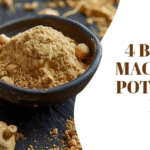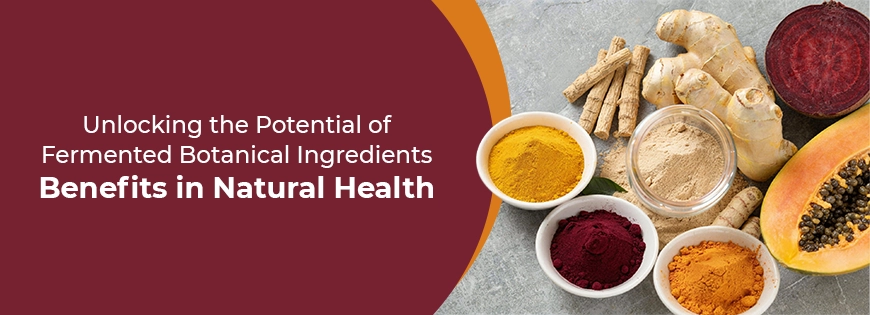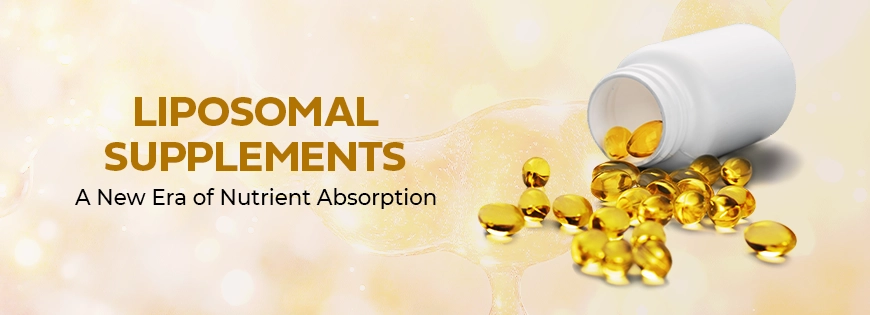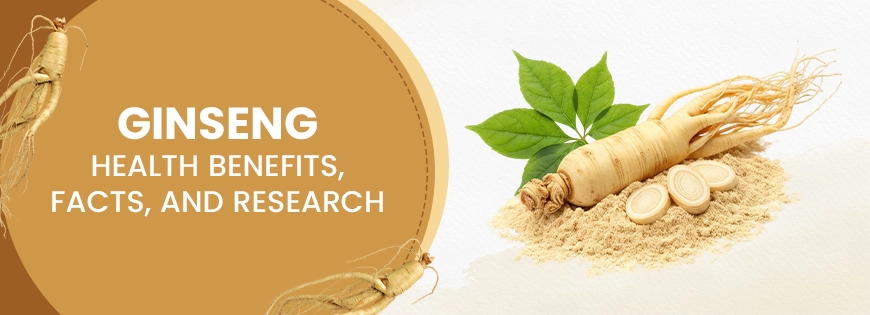Parsley, known scientifically as Petroselinum crispum, is a widely used herb in kitchens around the world. It is valued not only for its fresh, vibrant flavor but also for its impressive range of health-promoting properties. Both the leaves and seeds of parsley are used in culinary and medicinal contexts, with extracts and oils from these parts gaining attention for their potential to support overall health.
Nutritional Value
Parsley is low in calories but packed with essential nutrients. It is an excellent source of vitamins A, C, and K, as well as minerals such as iron, potassium, and calcium. These nutrients are important for maintaining healthy vision, skin, bones, and immune function. The high concentration of antioxidants in parsley helps protect the body from oxidative stress, which is linked to aging and many chronic diseases.
Also Read: Olive Leaf Extract: Dosage, Benefits, Side Effects, and More
Health Benefits
1. Functional Food for Muscle and Skin Health
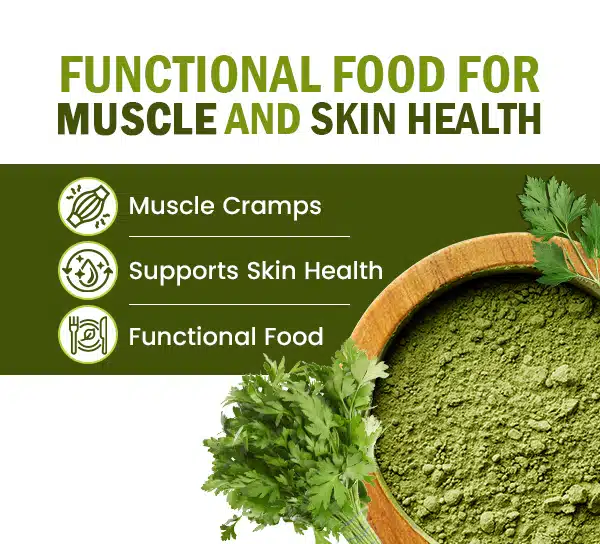
Parsley (Petroselinum crispum) is more than a common culinary herb- it’s a powerhouse of nutrients and bioactive compounds. Traditionally used in herbal medicine, parsley offers antioxidant, anti-inflammatory, and therapeutic benefits. Recent studies highlight its potential in relieving muscle cramps, supporting skin health, and serving as a well-tolerated functional food.
A recent study on Parsley (Petroselinum crispum Mill.) investigated its role as a functional food and natural remedy. Conducted on 937 participants, the research highlighted its high tolerability, effectiveness in reducing muscle cramps, and improvement in skin conditions like dermatitis, positioning parsley as a safe, therapeutic botanical ingredient.
2. Boosts Immunity

Rich in vitamin C and other immune-supporting compounds, parsley helps strengthen the body’s defenses against infections. Its antimicrobial properties can help fight off bacteria and fungi, making it a useful addition to diets aimed at preventing illness.
The study “Parsley and Immunomodulation” published in Expert Review of Clinical Immunology explored the effects of parsley (Petroselinum crispum) essential oil on immune responses. It demonstrated that parsley suppressed T-cell proliferation and reduced nitric oxide production in macrophages without cytotoxic effects, suggesting its potential as a natural immunosuppressive agent for managing autoimmune and inflammatory conditions.
3. Promotes Heart and Blood Pressure Health

Parsley contains potassium, which may help regulate blood pressure by balancing sodium levels in the body. Its diuretic effect also supports healthy blood pressure and cardiovascular function. Additionally, parsley’s antioxidants and anti-inflammatory compounds contribute to heart health by reducing oxidative stress and inflammation.
Also Read: Can Amla Improves Kidney Health?
Multiple preclinical studies have demonstrated parsley’s potential cardiovascular benefits:
- Antithrombotic activity: Parsley extracts inhibited platelet aggregation in vitro and significantly reduced arterial and venous thrombosis in rats. Apigenin, a key flavonoid, was linked to these effects.
- Antihypertensive effects: In hypertensive rat models, parsley leaf and seed extracts lowered blood pressure, possibly via vasorelaxation and diuretic effects.
- Hypolipidemic effects: Parsley improved lipid profiles in both diabetic and hypercholesterolemic rats, reducing total cholesterol, LDL, and triglycerides while raising HDL levels.
These studies used aqueous and methanolic extracts from different parts of the plant and suggest parsley’s promise for cardiovascular health, although human trials are still needed.
Also Read: Supplement and Herb Guide for Arthritis Symptoms
4. Supports Kidney and Urinary Health

Parsley is traditionally used to support kidney function and prevent urinary tract infections. Its diuretic and antimicrobial properties help flush out harmful bacteria and reduce the risk of kidney stones. Studies have shown that parsley can improve urinary composition and protect the kidneys from damage.
The study “Renal health benefits and therapeutic effects of parsley (Petroselinum crispum): a review” highlights parsley’s potential in supporting kidney health. Rich in antioxidants, flavonoids, and essential oils, parsley may reduce oxidative stress, enhance renal biomarkers, and offer diuretic effects. However, more human clinical trials are needed for validation.
5. Metabolic and Blood Sugar Regulation

Parsley may help regulate blood sugar levels, making it a helpful addition for those managing diabetes or metabolic syndrome. Its fiber content and digestive benefits support healthy metabolism and nutrient absorption.
The study “Effects of parsley extract versus glibornuride on the liver of streptozotocin-induced diabetic rats” (Journal of Ethnopharmacology, 2006) found that parsley extract significantly reduced blood glucose, oxidative stress, and liver toxicity in diabetic rats—demonstrating antioxidant and hepatoprotective effects comparable to the antidiabetic drug glibornuride.
Culinary and Medicinal Uses
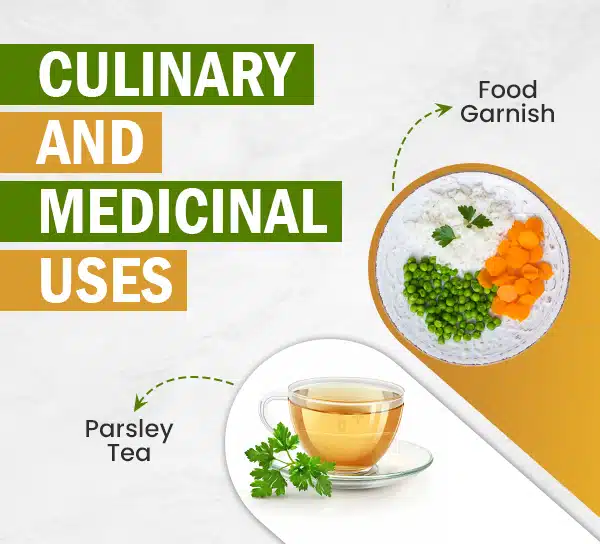
Parsley is incredibly versatile in the kitchen. It can be used fresh or dried as a garnish, in salads, soups, sauces, and marinades. Parsley tea, made from leaves or seeds, is a traditional remedy for digestive issues, fluid retention, and urinary tract health. Parsley extract and parsley seed oil are also available as supplements, offering concentrated doses of the herb’s beneficial compounds.
Safety and Considerations

While parsley is generally safe for most people when consumed in typical food amounts, concentrated extracts or supplements may not be suitable for everyone. Pregnant women and individuals with certain medical conditions should consult a healthcare professional before using parsley supplements. As with any herbal remedy, moderation is key.
Parsley is more than just a culinary herb- it is a nutrient-rich plant with a wide range of health benefits. From supporting digestion and detoxification to boosting immunity and promoting heart, kidney, and skin health, parsley is a valuable addition to a balanced diet. Whether enjoyed fresh, as a tea, or in extract form, parsley can play a supportive role in maintaining overall well-being
Disclaimer: The Statement has not been evaluated by the EFSA, KFDA or FDA. This product is not intended to diagnose, treat, cure, or prevent any disease. While the information provided is based on credible references, we do not make any specific claims or guarantees. It is important to consult with your healthcare advisor for personalized advice and guidance related to your health.
References:
- Exploring the Therapeutic Efficacy of Parsley (Petroselinum crispum Mill.) as a Functional Food: Implications in Immunological Tolerability, Reduction of Muscle Cramps, and Treatment of Dermatitis
- Parsley and immunomodulation
- What Is New about Parsley, a Potential Source of Cardioprotective Therapeutic Substances?
- Renal health benefits and therapeutic effects of parsley (Petroselinum crispum): a review
- Effects of parsley (Petroselinum crispum) extract versus glibornuride on the liver of streptozotocin-induced diabetic rats
- Parsley: An Impressive Herb With Health Benefits
- Health Benefits of Parsley



